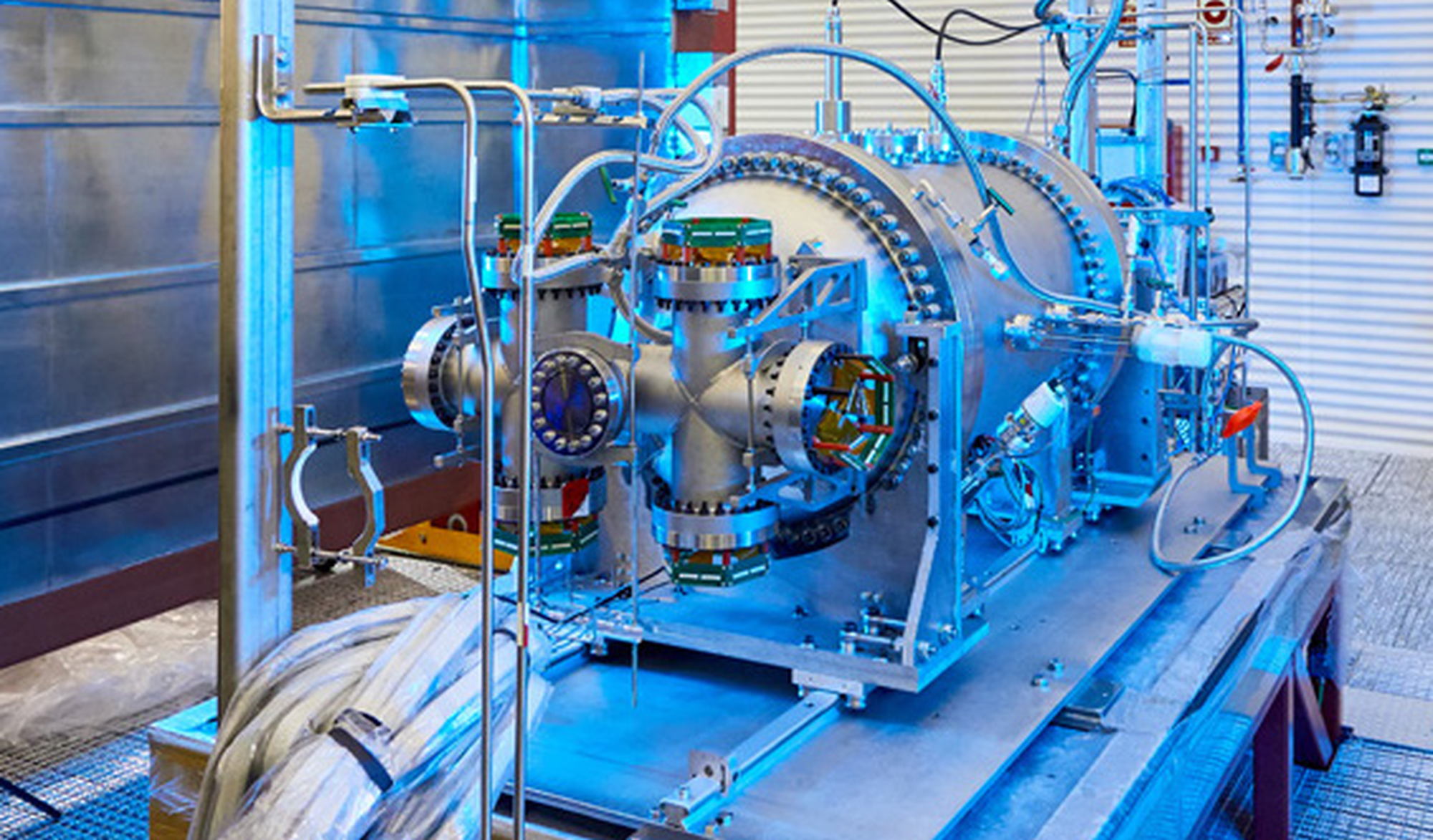Finding the nature of the neutrino with the NEXT experiment

Internship
Type of Project: Experimental
Location: Donostia
Supervisors:
Francesc Monrabal
francesc.monrabal@dipc.org
J.J. Gomez-Cadenas
jjgomezcadenas@dipc.org
The Majorana or Dirac nature of the neutrino is one of the most important questions still open in particle physics. The only practical way of determining it is by the observation of a neutrinoless double beta decay. Such process, forbidden by the Standard Model, is extremely rare with life-times of at least 10^27 years. The next generation of experiments currently being planned aims to be sensitive to such life-times that imply the observation of few signal events per year in tonne scale detectors with virtually zero background.
The experimental particle physics group at DIPC, leads one of the experiments searching for this process, called NEXT. As part of the R&D towards the next generation detectors, the group is developing a technology to detect the single Barium cation (Ba++) that is produced in the decay. This project, based on the change of fluorescent properties of a chemosensor, implies a multidisciplinary research that combines expertise in different fields like gaseous particle detectors, chemistry, optics and surface materials.
As a part of this R&D a prototype for detecting Ra++ radioactive impurities is being designed at the Laboratorio Subterráneo de Canfranc (LSC). The student will be expected to work in the optics setup and its integration in vacuum/gas system offering a multidisciplinary experience.
In this specific internship the student will be a joint DIPC-LSC student, being allowed to visit the LSC facilities and participate on their part of the project.
